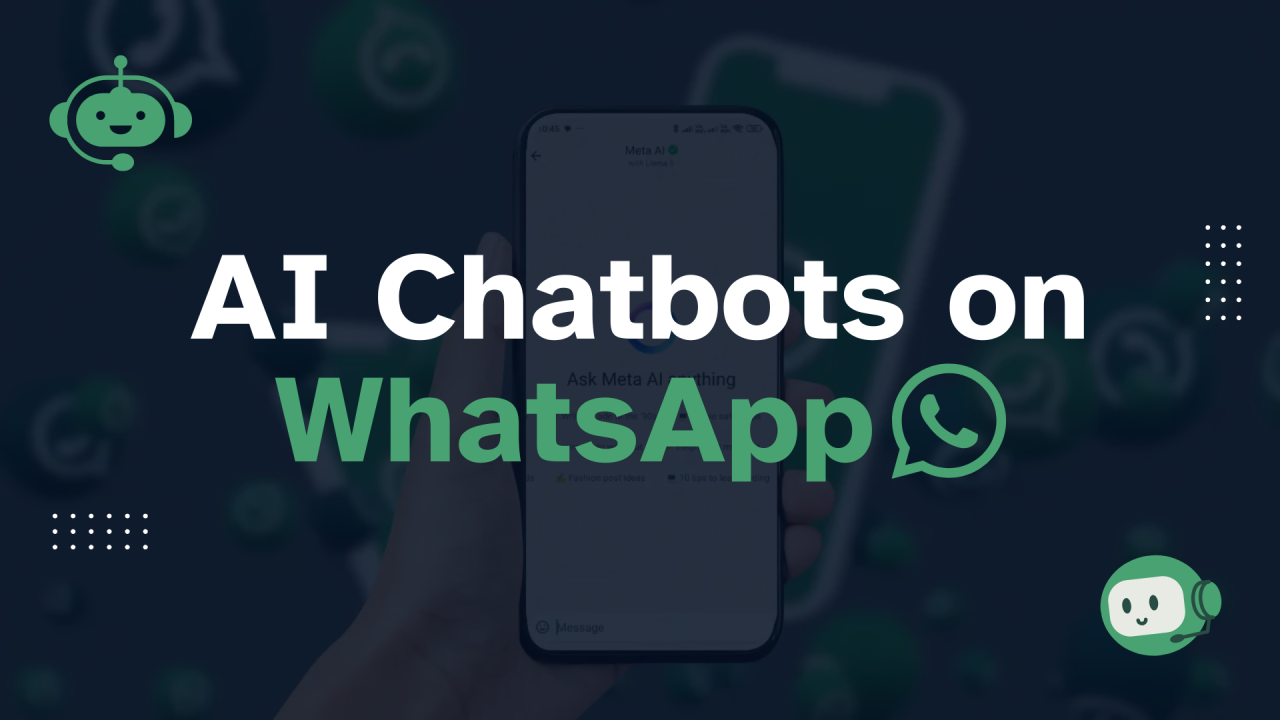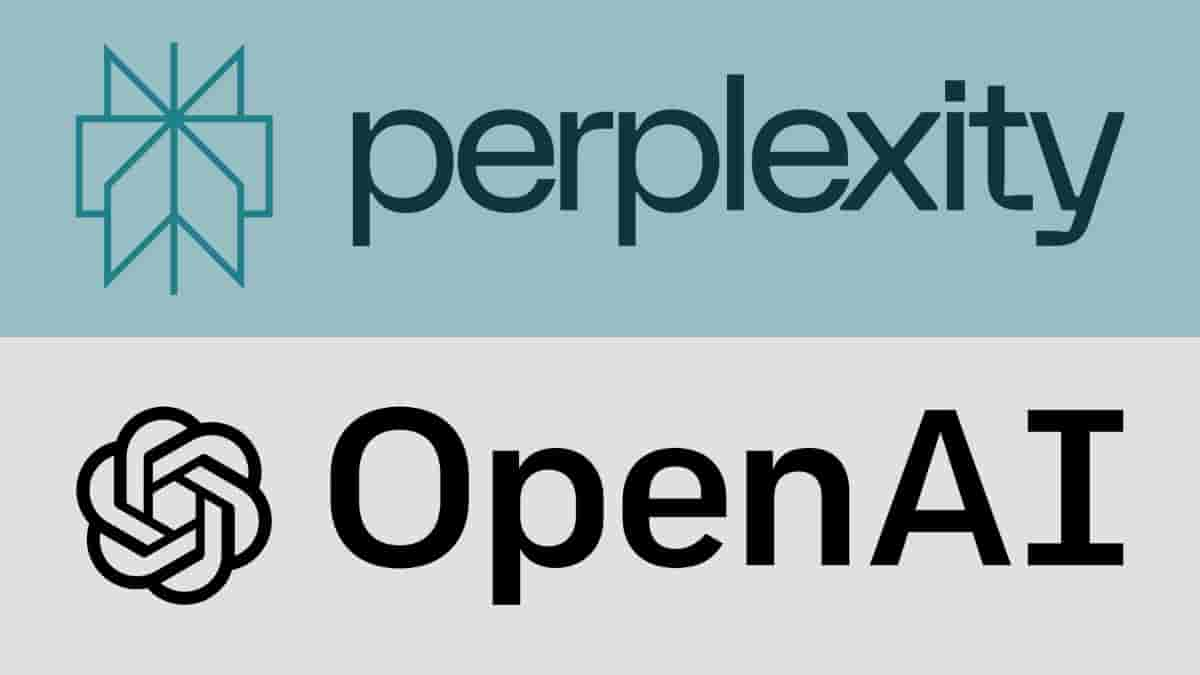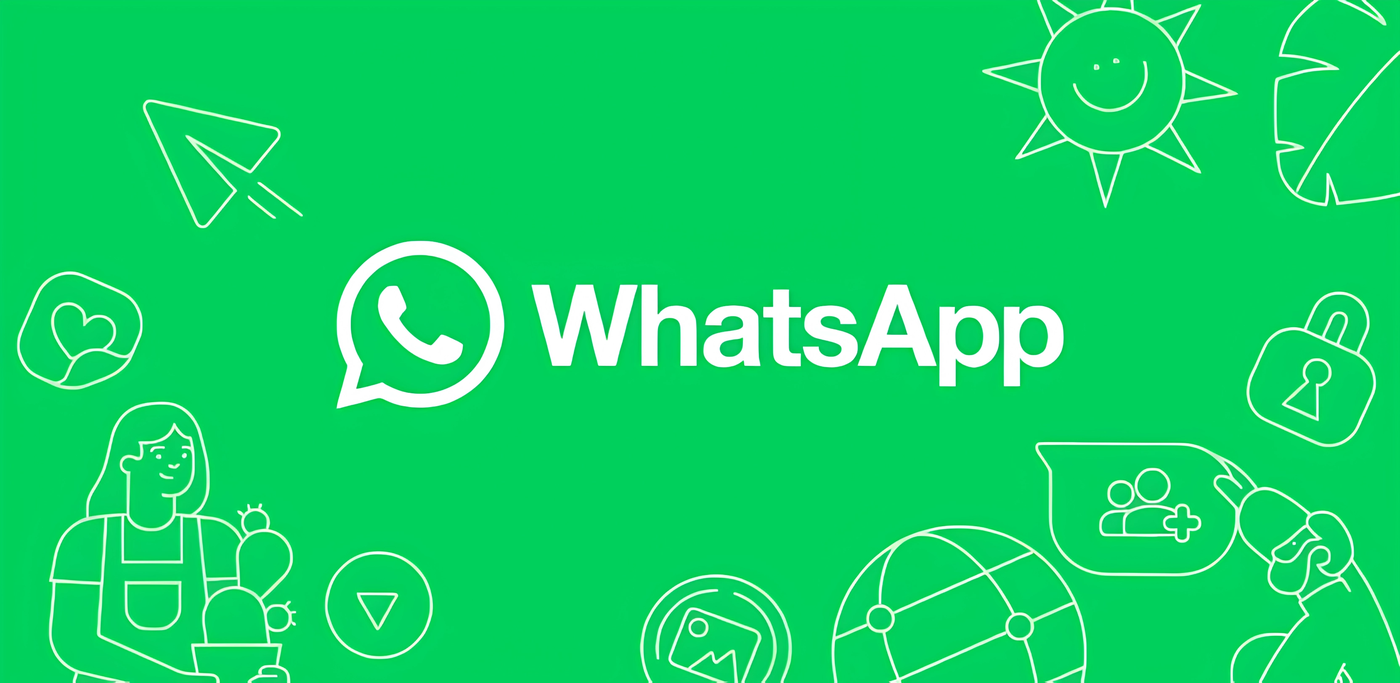Meta-owned WhatsApp has rolled out a major policy update that will change how businesses and AI companies use the platform. Starting January 15, 2026, WhatsApp will ban the use of its Business API for general-purpose AI assistants, including popular large language model–based chatbots.
The move directly impacts AI-driven companies such as OpenAI, Perplexity, Luzia, and Poke, which had been leveraging WhatsApp to distribute their AI assistants to users.
Meta Draws the Line on AI Chatbots

The updated Business API terms explicitly prohibit any company from using WhatsApp to distribute AI tools whose primary function is to act as general-purpose conversational assistants. The change aims to ensure the platform remains focused on its intended use — customer support and transactional communication between businesses and users.
Meta confirmed the development to TechCrunch, stating that the WhatsApp Business API is built “for businesses serving customers, not for chatbot distribution.” According to Meta, the surge in AI chatbot integrations had strained its infrastructure with massive message volumes and additional support requirements that WhatsApp was never designed to manage.
What the New Policy Says
The revised policy defines “AI Providers” as companies that develop or distribute artificial intelligence or machine learning technologies, including generative AI and large language models. These providers, Meta states, are “strictly prohibited” from accessing or using the WhatsApp Business Solution for offering AI technologies when such functionalities are the primary feature.
While the restriction applies to AI assistants, Meta has clarified that businesses using AI for specific services, such as automated customer support for travel bookings or order tracking, will not be affected.
Why Meta Made the Move

This shift comes amid increasing competition in the AI space and Meta’s efforts to streamline the purpose of WhatsApp’s Business ecosystem. The decision effectively positions Meta AI — the company’s in-house assistant as the exclusive AI chatbot allowed to operate on WhatsApp.
By tightening its terms, Meta is preventing rival AI providers from using WhatsApp’s network as a distribution platform. The policy is also expected to give the company tighter control over user experience, data security, and messaging volumes.
Industry Impact

The ban represents a significant challenge for companies like OpenAI and Perplexity that had been exploring WhatsApp as a key user acquisition channel in emerging markets like India, Brazil, and Indonesia where WhatsApp remains one of the most-used messaging platforms.
For businesses and developers, the update signals a renewed focus on enterprise-oriented use cases rather than AI-powered general chat applications. It may also push AI firms to explore alternative channels such as Telegram, web-based chat platforms, or standalone mobile apps to reach users.
With this move, Meta reinforces its strategy of consolidating AI innovation under its own ecosystem while tightening control over third-party AI access.
Follow Tech Moves on Instagram and Facebook for more updates on AI, tech policy changes, and the latest in digital innovation.














